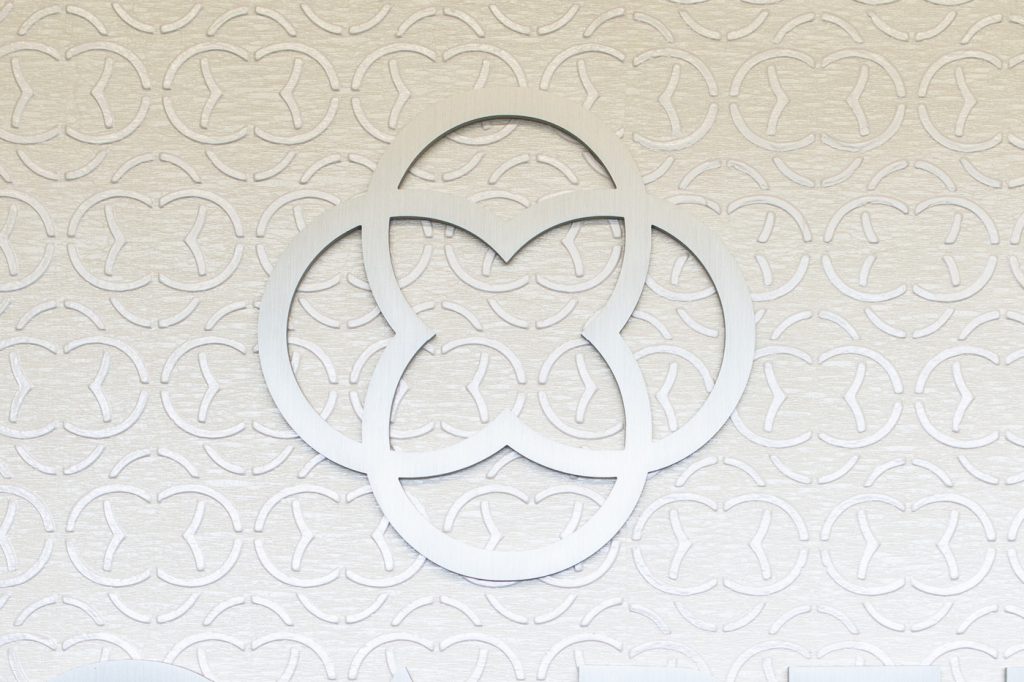In Arkansas, lung cancer is the leading cause of cancer death among both men and women. But CARTI’s low-dose CT scanner aims to provide hope.
The goal of a lung cancer screening is to detect lung cancer at a very early stage — when it is more likely to be cured. A screening is appropriate for people who are at the greatest risk for developing lung cancer.
Who should be screened?
Low-dose CT scans are recommended for those who meet the following criteria:
- Current or former smokers, age 50 to 80.
- Smoking history of at least 20 pack years. To determine your pack years: Multiply the number of packs of cigarettes smoked a day by the number of years that you smoked. To reach 20 pack years, you would need to smoke a pack a day for 20 years or two packs a day for 10 years, etc. Even if your smoking habits have changed, talk to your doctor to calculate your number of pack years.
- Generally in good health with no history of lung cancer.
- No signs of symptoms of lung cancer
Why get screened?
Recent research has found that low-dose CT screenings show promise for detecting lung cancer in high risk individuals who have not yet shown symptoms. A National Institute of Health study demonstrates that low-dose screenings could reduce lung cancer deaths by 20 percent.
What should I expect?
Although the scan takes less than a minute, expect your appointment to last about half an hour. You will stay in your clothes and not be asked to change into a gown. Wear clothes and undergarments without metal. During the scan, you will lie on your back on a long table. You may be given a pillow to make yourself more comfortable. Straps may be placed on your body to keep you still and hold you in the proper position.
The technologist who runs your scan will move to a separate room where he or she can still see you and talk with you.
You’ll be asked to lie very still as the table slides through the center of a large machine that creates the images of your lungs. The table passes through the machine initially to determine the starting point for the scan.
When it is time to start the scan, you may be asked to hold your breath for a few seconds in order to create a clear picture of your lungs. The table will move through the machine as the images are created. The machine may make clicking noises, but this is normal.
What happens next?
The images created during the scan will be reviewed by one of CARTI’s diagnostic radiologists. The written report will be available within 24 to 48 hours. This report will be sent to your physician and will also be available for you to view in your patient portal.
Are there risks?
Radiation risks. Anytime a person is exposed to radiation there is a theoretical risk. The radiation used for this exam is less than the normal background radiation a person receives living in the United States for a year. Another way to look at the risk is to understand the risk benefit ratio of the exam. In this case, the benefits far outweigh any theoretical risks. Finding lung cancer may not improve health or help you live longer. Screening may not improve your health or help you live longer if you have lung cancer that has already spread to other places in your body. False-negative test results can occur. Screening test results may appear to be normal even though lung cancer is present. A person who receives a false-negative test result – one that shows there is no cancer when there really is – may delay seeking medical care even if there are symptoms. False-positive test results can occur. Screening test results may appear to be abnormal even though no cancer is present. A false-positive test result – one that shows there is cancer when there really isn’t – can cause anxiety and is usually followed by more tests (such as a biopsy), which also have risks. Talk to your doctor about your risk for lung cancer and your need for screening tests. If you need help quitting smoking, visit www.stampoutsmoking.com.
How do I schedule a lung screening?
To schedule an appointment, call 501.906.4454. This service is covered by Medicare and most major health insurance for those who meet the criteria. Patients with no health insurance may meet with a CARTI Patient Financial Advocate for assistance with fees.
Patients must have a written order from a physician or qualified practitioner.



